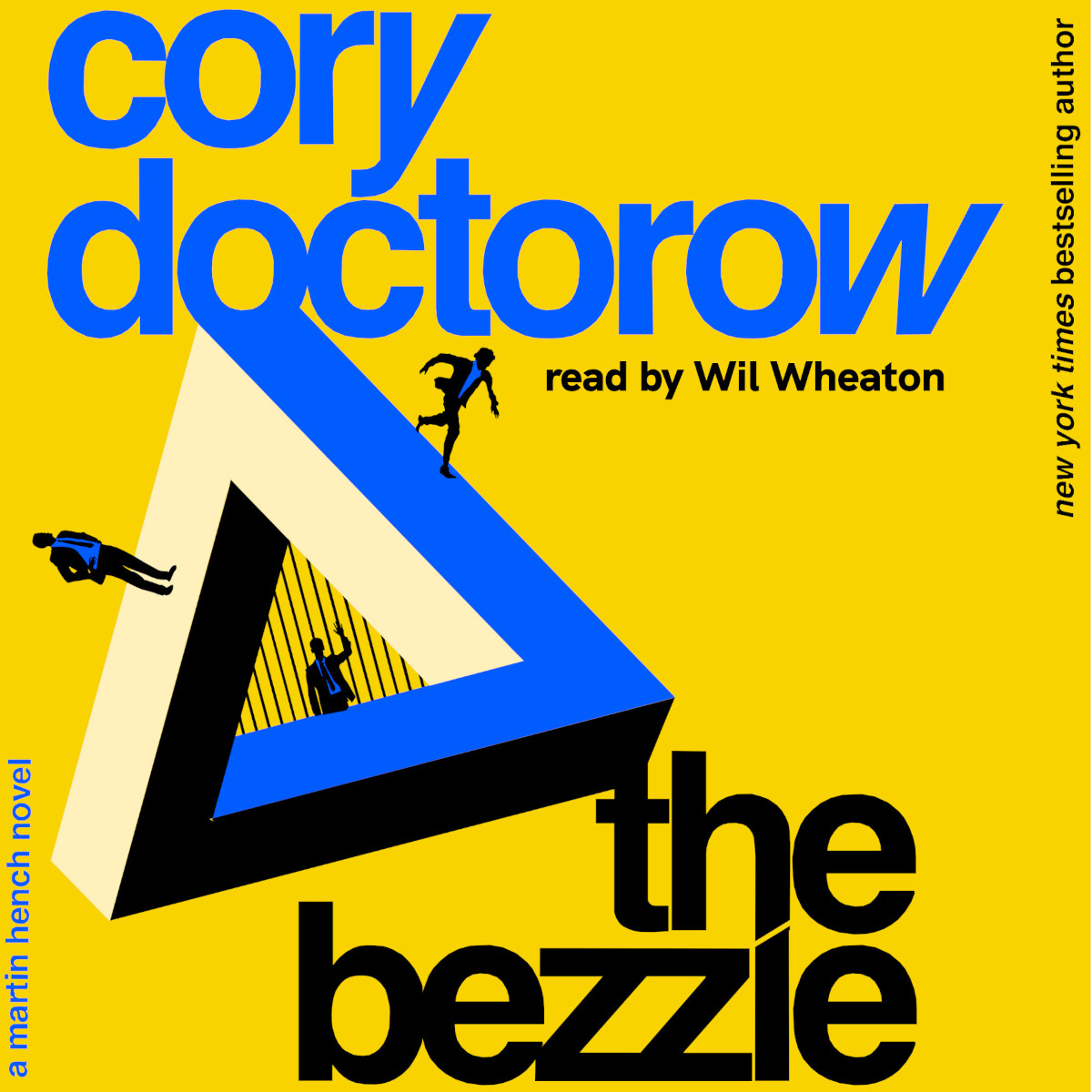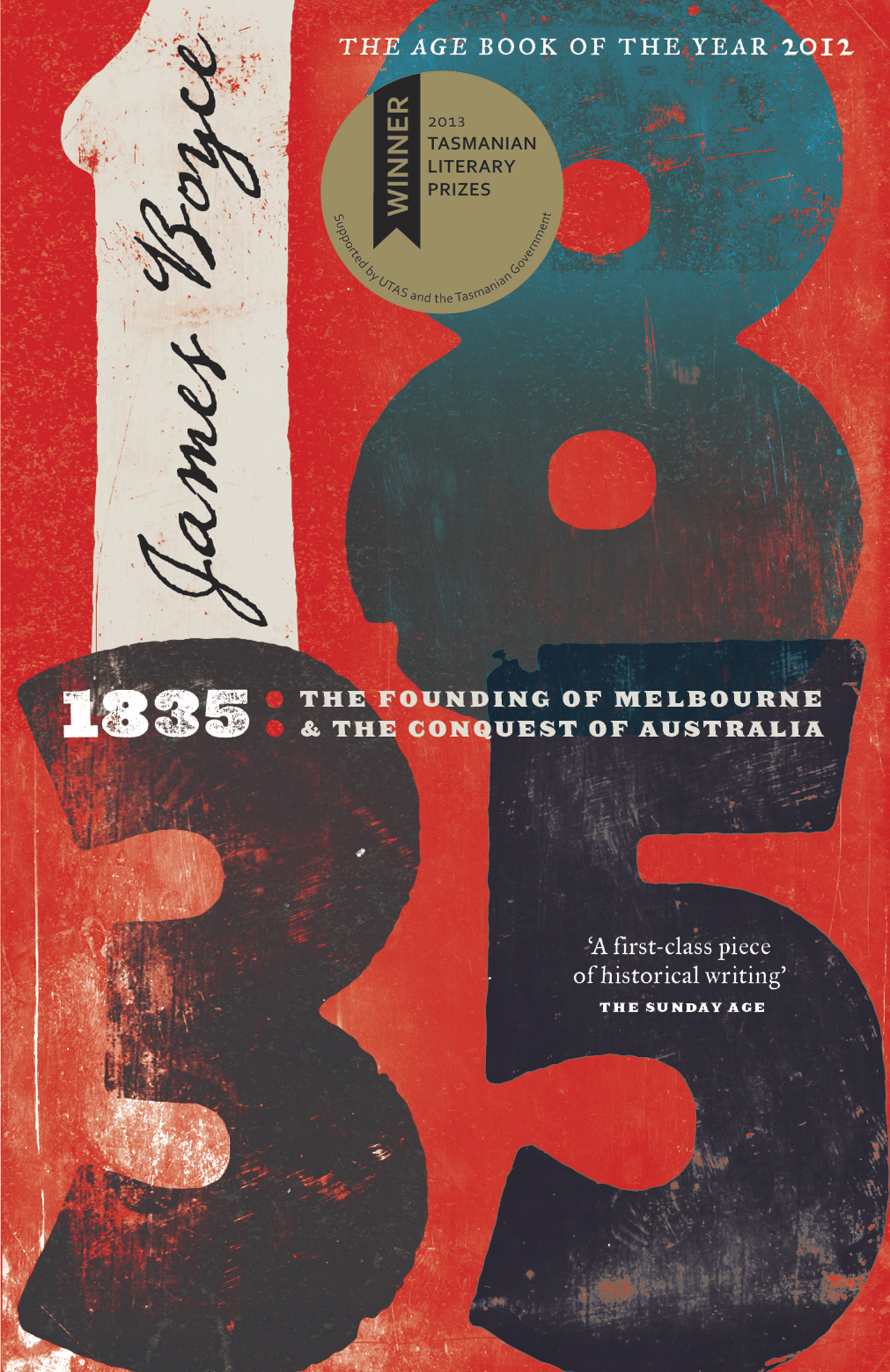For Whom the Bell Tolls is a novel by Ernest Hemingway published in 1940. It tells the story of Robert Jordan, a young American volunteer attached to a Republican “Republican faction (Spanish Civil War)”) guerrilla unit during the Spanish Civil War. As a dynamiter, he is assigned to blow up a bridge during an attack on the city of Segovia.
It was published just after the end of the Spanish Civil War (1936–1939), whose general lines were well known at the time. It assumes the reader knows that the war was between the government of the Second Spanish Republic, which many foreigners went to Spain to help and which was supported by the Communist Soviet Union, and the Nationalist faction “Nationalist faction (Spanish Civil War)”), which was supported by Nazi Germany and Fascist Italy “Fascist Italy (1922–1943)”). In 1940, the year the book was published, the United States had not yet entered World War II, which began on September 1, 1939, with Nazi Germany’s invasion of Poland.[1]
https://en.wikipedia.org/wiki/ForWhomtheBellTolls
I decided to read For Whom the Bell Tolls by Ernest Hemingway after my grandfather said that he was interested in the audiobook when I was helping him search for books to listen to. There are many authors I feel I know about, but have not actually read. I was not exactly sure what to expect with this novel. I did not really do any pre-reading.
I found that it was one of those novels that percolates long afterwards. It would be easy to summarise it as a novel about “blowing up a bridge”, which it literally is. However, that takes away from the real point, the thoughts of a soldier in preparing to blow a bridge, ‘grace under fire’.
Turn off the thinking now, old timer, old comrade. You’re a bridge-blower now. Not a thinker. Man, I’m hungry, he thought. I hope Pablo eats well.
As Mark Cirino touches on:
Mark Cirino: So Hemingway once said, “The worst thing that a soldier can have is imagination, but it’s the most important thing that a writer must have.”
Source: Podcast #922: For Whom the Bell Tolls by Brett & Kate McKay
Overall, Cirino provides a good discussion of the book on the Art of Manliness podcast. For Cirino, the novel represents Hemingway’s concerted effort to present a picture of humanity from both sides, observing life through the good things and bad. For example, he does not hide from violence perpetuated by either side of the conflict. This focus on humanity is framed from the beginning through the reference to John Donne’s poem:
No man is an island,
Entire of itself;
Every man is a piece of the continent,
A part of the main.If a clod be washed away by the sea,
Europe is the less,
As well as if a promontory were:
As well as if a manor of thy friend’s
Or of thine own were.Any man’s death diminishes me,
Because I am involved in mankind.
And therefore never send to know for whom the bell tolls;
It tolls for thee.
Source: No Man Is an Island by John Donne
The story revolves around Robert Jordan, a character with many similarities to Hemingway. He is cramming life and love into three days. It uses free indirect style to cycle the god’s eye view through the mind of the protagonist.
After reading the novel and recently reading All Quiet on the Western Front I was left wondering if it is easier to know history as a series of dates, numbers and characters, but harder to appreciate what it all actually means in the moment?
Continue reading “📚 For Whom the Bell Tolls (Ernest Hemingway)”


